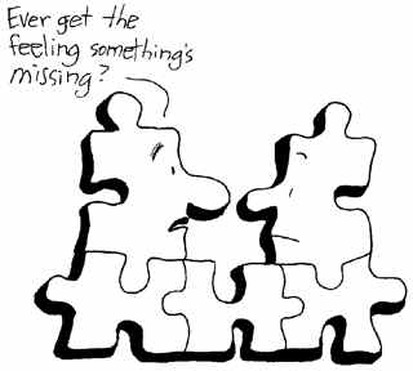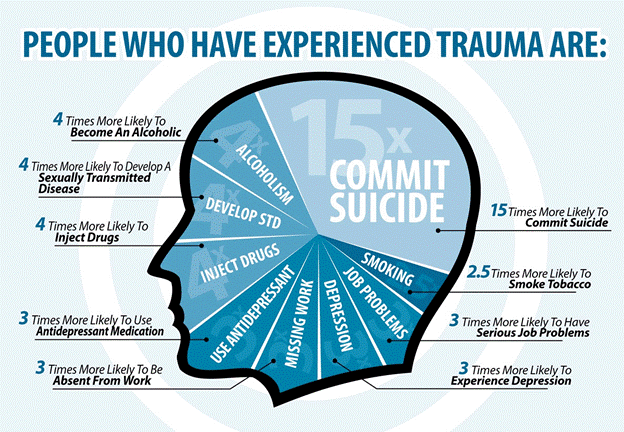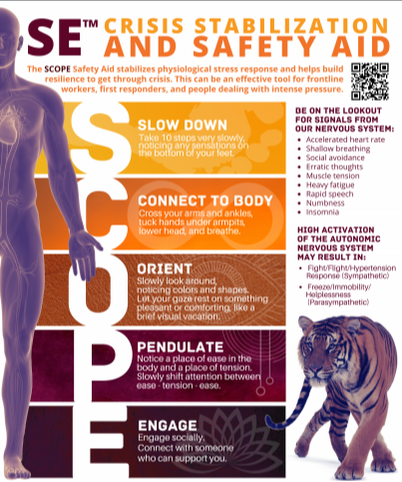Q: What is trauma?A: Most people associate trauma with events like war, violence, extremes of physical, emotional, or sexual abuse, crippling accidents, or natural disasters. And those are surely traumatic. Many "ordinary" events can also be traumatic.
Some categories of trauma might include (this is by no means an exhaustive list):
A definition offered by Karen Saakvitne is:
“Psychological trauma is the unique individual experience of an event [or a series of events] or of enduring conditions in which:
So trauma is an event or series of events that are so overwhelming and threatening to life or sanity that a person cannot cope. The mind may switch off (dissociate) during the event or, at the very least, it will not be able to hold together the different elements of the event afterwards and ‘integrate’ them or join them together. For instance, feelings may be separated off from thoughts, or the cognitive understanding of what is happening may be cut off from the sensory experience. It is this lack of ‘integration’ which characterizes trauma. Consequently, the traumatized individual may not be able to think coherently about what happened, or express or connect their feelings about the experience. The traumatic events can be stored ‘separately’ in the mind from normal, everyday experience and in some cases this will result in actual amnesia.
When the mind is overwhelmed by trauma, it finds it hard to store the event(s) as past memory. For a traumatized individual, the event continues to be experienced as ‘present’, as ‘still happening’, because the brain has not been able to integrate the whole experience and mark it with a kind of ‘context stamp’ that says ‘this is over’. It is therefore not surprising that the traumatized person continues to act and feel as if the trauma is still happening, and be over-reactive and hypervigilant. In order to cope with this, the traumatized individual may then try to shut off from the ‘now’ experience of trauma by numbing and avoidance. This then represents the triad of symptoms of PTSD: persistent re-experiencing of the event, avoidance of reminders and numbing of responsiveness, and hyperarousal. PTSD makes perfect sense in the light of the trauma being interpreted as still ‘now’. |
Q: What symptoms appear after trauma?A: The type of symptoms that occur after a traumatic experience can include:
If you experience any of these symptoms, even years after a traumatic event, do connect with Fr. Greg or by the Somatic Experiencing® Professional who can help you on your journey. Q: What does healing feel like?A: Common benefits of resolving trauma through Somatic Experiencing can be:
Q: Are there other resources that I should explore?A: Here is a list of resources that Fr. Greg recommends.
Q: What should I do if I am experiencing some of these symptoms of trauma?A: Take the next step. Click here.
|
Q: What is sex addiction and how is it treated?A: Click here for additional information and Q&A regarding sex addiction. Fr. Greg uses Somatic Experiencing to support healing for those who are experiencing sex addiction.
|
Q: What is Somatic Experiencing?A: Click here to learn more about Somatic Experiencing and how it contributes to the healing process and has changed lives.
|


